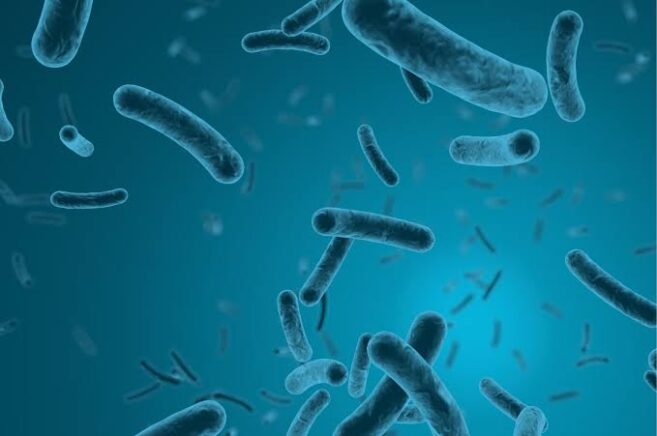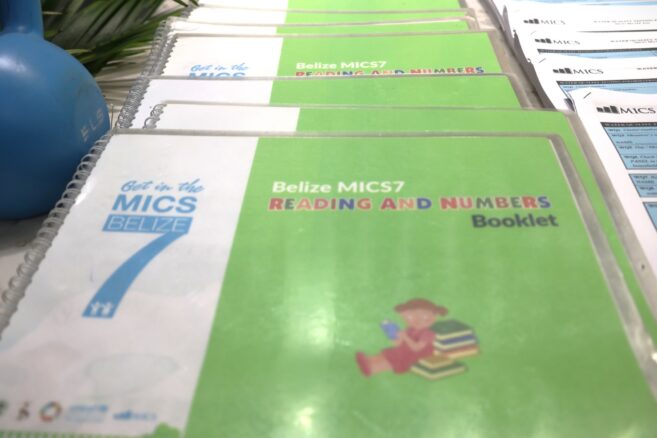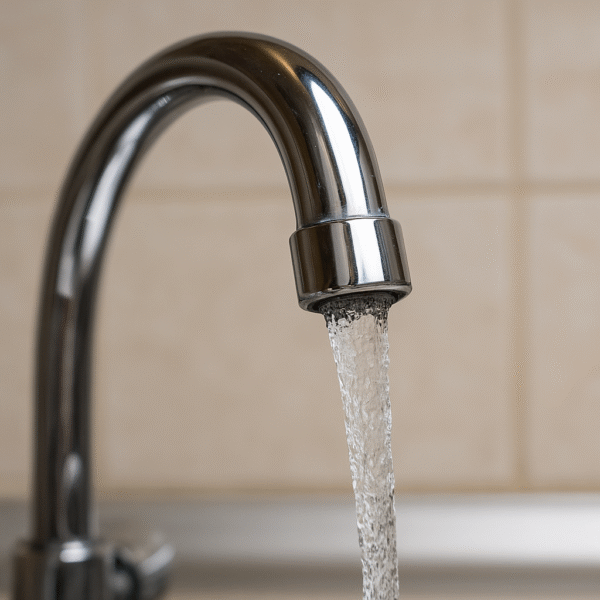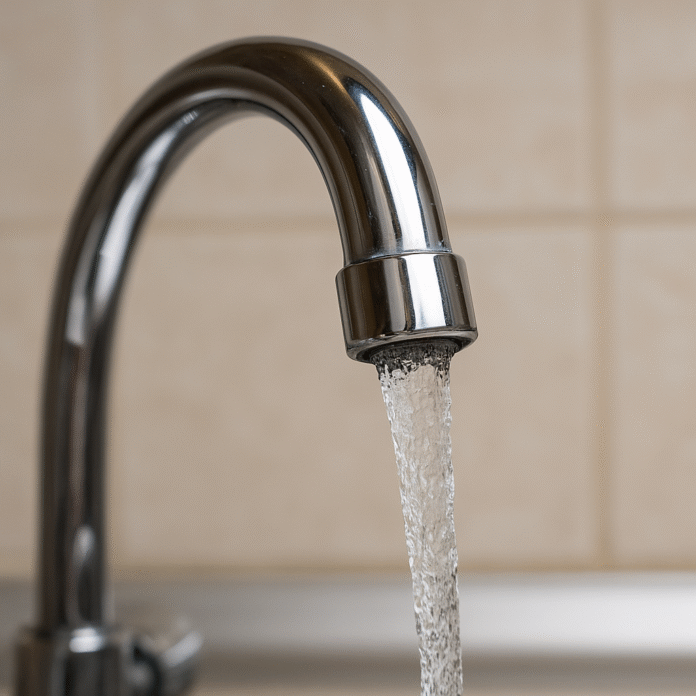Belize Water Services (BWS) and the Ministry of Health and Wellness (MoHW) issued public reassurances on November 26th following national concern over the MICS7 survey results, which indicated high levels of Escherichia coli (E. coli) contamination in drinking water samples collected from households across Belize. The clarification followed the release of preliminary findings by the Statistical Institute of Belize (SIB), which were widely circulated, prompting questions about water safety.
The MICS7 survey, conducted using UNICEF-approved protocols, reported “very high levels” of E. coli in household drinking water sources. E. coli is a type of bacteria commonly found in the intestines of humans and animals. While most strains are harmless; their presence in water is a key indicator of fecal contamination. Contaminated water may also harbor harmful microorganisms, increasing the risk of gastrointestinal illness, especially among children and vulnerable populations.
SIB Statistician Wendy Benavides explained that survey teams sampled whichever water households used for drinking—“tap water, even the purified one”—and found contamination indicators “very high.” However, both BWS and MoHW emphasized that the MICS7 methodology was not designed to test the performance of individual utilities or determine whether piped systems meet national or World Health Organization (WHO) drinking-water standards.

BWS stated that, after meeting with SIB, it is “clear that the sampling and testing procedures used in the study did not follow internationally recognized water-quality testing standards” required for regulatory monitoring. The utility noted that none of the reported results originated from its treatment plants or distribution systems. It added that routine daily and monthly testing, alongside independent checks by the Public Utilities Commission and the Public Health Department, continues to show that BWS-treated water remains safe and fully potable.
MoHW echoed this position, stating that “comprehensive data collected by the Ministry from multiple sites over time consistently demonstrate that potable water remains safe for consumption.” The Ministry highlighted that its national surveillance program conducts roughly 4,000 water-quality tests each year, following internationally recognized procedures to ensure accuracy and reliability. Officials noted that “immediate corrective measures” are taken whenever isolated issues are detected.
Both agencies reaffirmed their commitment to strengthening water-quality surveillance, improving laboratory standards, and collaborating with regional and international partners. Authorities also reminded the public that contamination can occur within the home, particularly inside improperly cleaned storage containers, an issue highlighted in the MICS7 findings. Belizeans are encouraged to maintain confidence in regulated water sources while practicing recommended hygiene measures to prevent household-level contamination.


